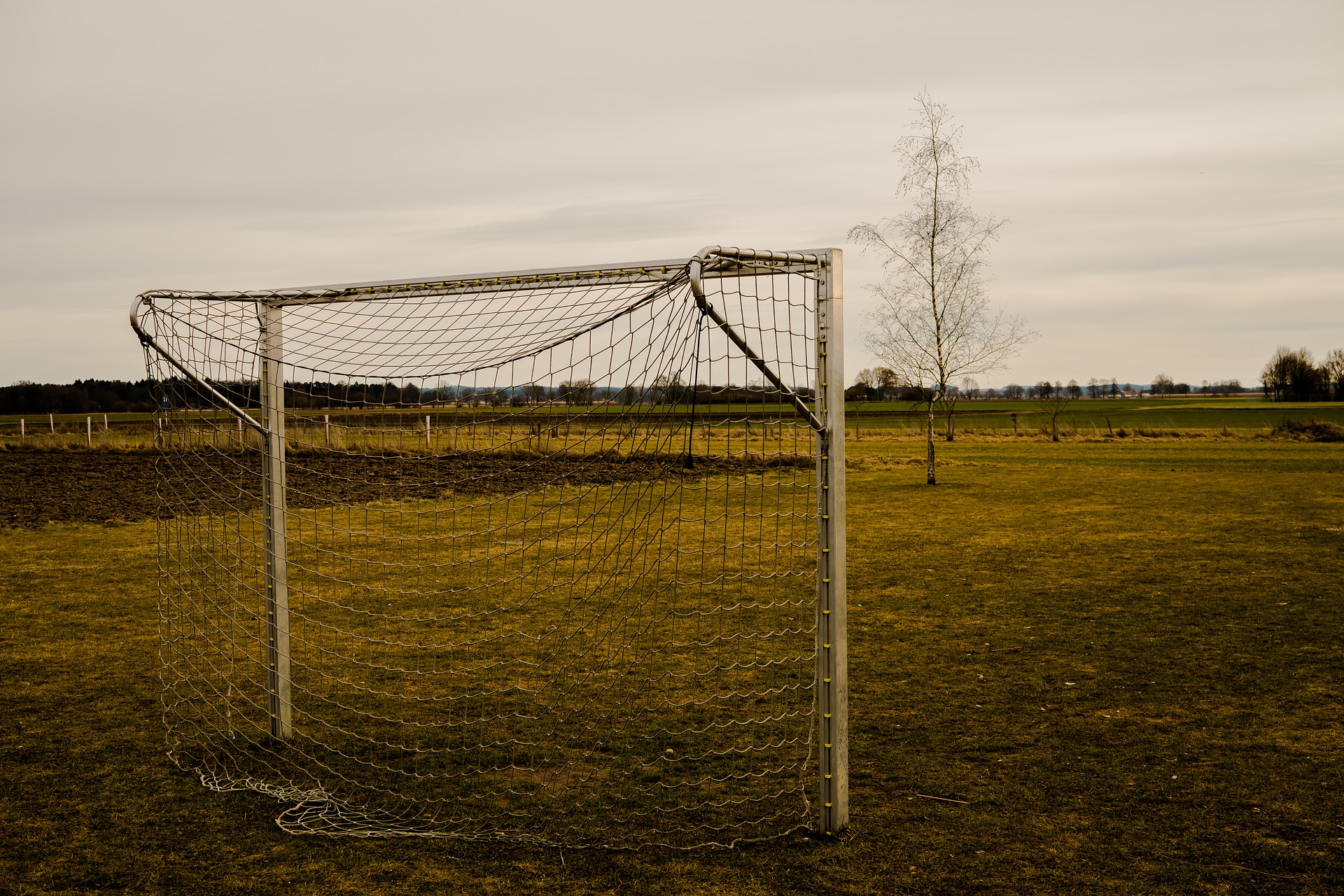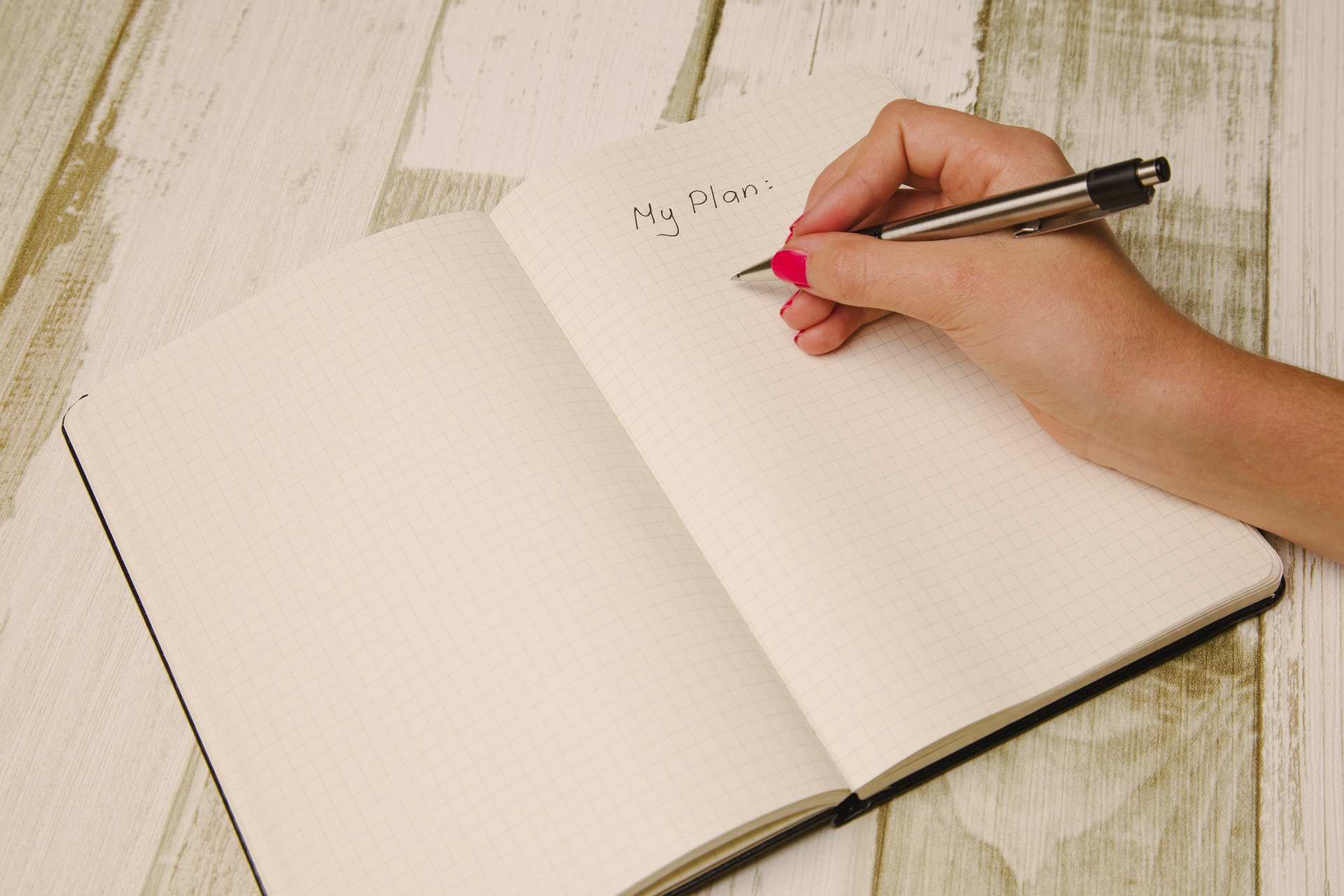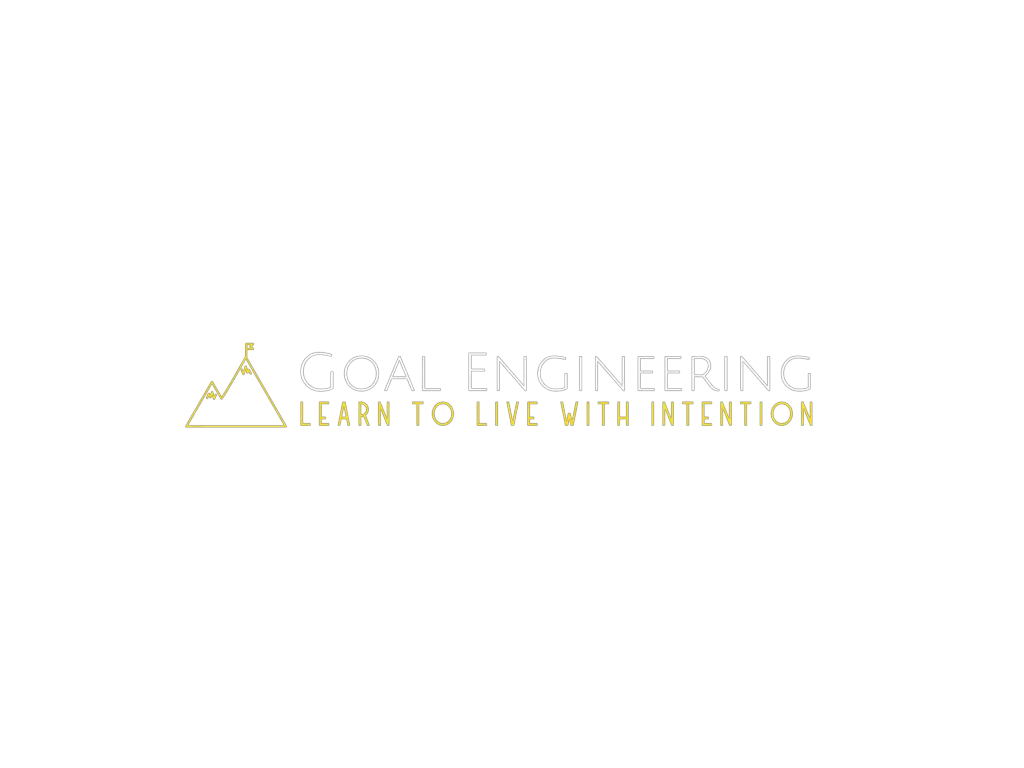Setting goals is easy, right? You just write down what you want to do and then start working it one day at a time. But do you ever feel like you’re spinning your wheels and never getting anywhere? That’s because too often you set plans thinking they are goals. To fix this, you must understand the difference between goals and plans so you can have both.
A goal is an objective that you’re working toward, or a result you seek. Plans, on the other hand, are the specific daily or weekly efforts you’re going to take to get there.
If I say “what’s a health goal you have?” and you answer that you “want to go running three times per week,” that’s not a goal, it’s a plan. Trying to lose weight, in contrast, is an end goal, but will never happen without a plan to get there.
Knowing about and utilizing the power of both of these critical elements of personal growth will make your dreams of improving yourself almost inevitable.
Let’s get right into it with some word math to understand these ideas better!
Word Math: Difference Between Goals and Plans
Here are the definitions and some synonyms of our words from Google:
Goal: the object of a person’s ambition or effort; an aim or desired result.
Synonyms: aim, objective, object, end, target.
Plan: a detailed proposal for doing or achieving something.
Synonyms: scheme, plan of action, idea, master plan, game plan.
If we combine these two, we get:
A detailed proposal for doing or achieving the object of a person’s ambition, effort, aim, or desired result.
Which really only defines “plans” in terms of goals. But it also begins to identify how the two work together to provide a concise system for improving your life. Let’s refine it further to understand it even better:
A plan is a detailed proposal for achieving the object of your ambition or effort; an aim or desired result.
Or, even more straightforward:
A plan is a detailed proposal for how you will achieve your goals.
Now let’s dive deeper into these principles with an analogy to help us utilize their power even further!
You Can’t Score a Goal In Soccer Without Kicking the Ball
Knowing the difference between goals and plans, and having both is vital if you want to change your life. But as I mentioned, too often, you set a plan instead of a goal.
The problem here is that it’s too easy to interchange the words “goals” and “plans” because they’re abstract concepts. But if we use a more concrete example, like soccer goals, it’s easier to see the difference.

This is a soccer goal. Now I know that you’re thinking, “duh, I know that,” but hang on for a second because you’re about to see something you’ve never thought of before.
And it’s going to make a big difference in your ability to set goals that are actually goals, make plans to achieve them, and finally reach those big dreams you have.
In soccer, the result you strive for is to score goals by putting the ball into that net. You want to score goals, but you can’t do that without a plan for how to make it happen.
That plan involves practice, kicking and passing the ball, and much more. None of those things on their own mean scoring a goal. In the same way, saying you’re “going to run three times a week” isn’t a goal. It’s just a plan.
A soccer player doesn’t win games only by saying they’ll score goals alone or that they’re just going to kick the ball and hope it goes in. They do it by making and following a plan to get there.
Why You Always Need to Have a Plan and a Goal Together
“A goal without a plan is just a wish.”
– Antoine de Saint-Exupéry
Do you know anyone that is always saying they’ll do something, but they never follow-through? They’re unreliable, irresponsible, and, most of all, incapable of changing their life.
When you set goals and fail to make plans, you do the same, but to yourself, which is much more damaging.
You know where you want your life to go, but until you make a concrete strategy for getting there, it will never happen.
If you want to make plans to accomplish your goals, all you need to do is ask yourself, “what daily and weekly steps do I need to take to get there?” If you’re trying to lose 10 pounds, for example, it running three times per week might actually be a good plan.
What about a plan without a goal, though?
Considering our previous example of setting the “goal” to run three times a week, it’s devoid of purpose. You can’t do deliberate practice if you don’t know why you’re doing something in the first place.
Adding the goal of “losing 10 pounds” to your plan to run gives it meaning. Whenever it gets tough, all you have to do is think of the result you’re trying to achieve, and you can get your motivation back.
To give your plans that you think are goals meaning, simply ask yourself, “why do I want to do this?” You can keep doing so multiple times for even deeper purpose and motivation.
The answer to “why do I want to run?” is “to lose weight,” but what’s your purpose for that? Do you want to have the energy to take care of your kids, be more productive at work, or to live a longer life?
Examples of Goals and Plans
So to quickly recap, if you find that you’re too frequently setting plans and not goals, just ask yourself, “why?” If you’re struggling to make a plan for your goals, all you need to do is look for the daily and weekly action steps that will get you there.
This is easier said than done sometimes, so here are a few examples to help you see how it works:
Family Goals & Plans:
- Goal: become closer to my 4-year-old son & Plan: take him on hikes twice a week.
- Goal: improve the communication in my marriage & Plan: make a list of questions to ask my spouse and set aside 30 minutes each night after the kids are in bed to just talk together
Financial Goals & Plans:
- Goal: increase my income by getting four new clients this quarter & Plan: Make three sales calls every day.
- Goal: get a new job & Plan: apply to three new jobs every week
Fitness Goals & Plans:
- Goal: lose 12 pounds in 12 weeks & Plan: run for 30 minutes three times a week.
- Goal: get a six-pack & Plan: use a workout app to do core exercises four times a week.
Let’s Wrap This Up
By failing to prepare you are preparing to fail.”
– Benjamin Franklin
I like this quote, but I’d rather flip it around to consider the benefits of planning and preparation, like this:
“By successfully preparing, you are preparing to be successful.”
Every time you create a plan for your goals, you set yourself up for success right from the start. Without a plan, your goal will get lost in the busyness of everyday life.
But if you only make plans and don’t examine the deeper purpose for them, you’re also missing out on living a fulfilling and intentional life.
Goals are essential to succeed in life, and so are plans. On their own, each of these doesn’t have much power to affect your personal growth.
But when you utilize each of them daily, you’re making it almost inevitable that you’ll reach your dreams, change your life, and become your best self.





